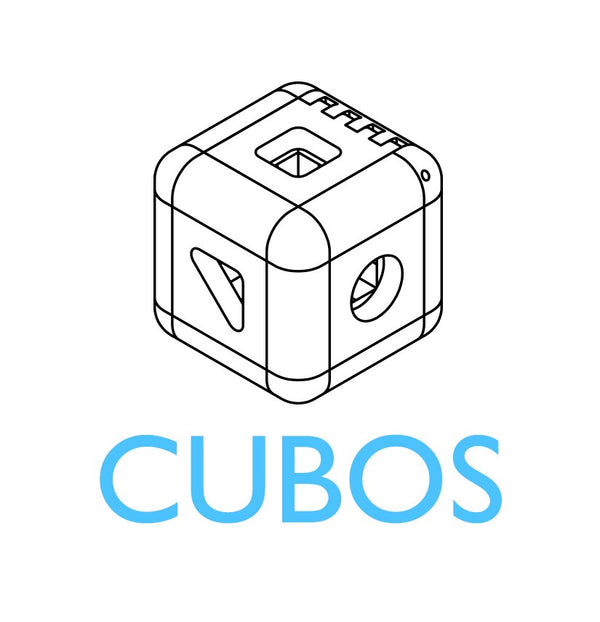Montessori parenting is an approach to raising children that emphasizes respect for the child, self-direction, and collaboration with other children. It's based on the Montessori philosophy developed by education pioneer Maria Montessori, emphasizing the child's ability to learn through exploration and self-discovery.
The Montessori approach encourages parents to be active observers and facilitators of their child's learning and growth.
What Are the Six Elements of Montessori Philosophy?
The Montessori method encourages parents, teachers, and caregivers to create an environment that allows children to explore, discover, and develop naturally while respecting their individual learning needs.
1. Respect Your Child as a Person
It's important to show respect to children even though they are new to the world. By showing them respect, we give them the feeling of being heard and loved. This also provides an example they can use to learn how to respect others.
2. Foster Your Child's Freedom and Independence
When we care deeply about someone, it can be hard to watch them struggle. We often want to step in and help them, but there are better approaches than this. It can limit a child's learning, self-confidence, and motivation that comes from within.
Montessori classrooms provide an environment where children can explore and learn independently. Materials are designed to be used without adult help, allowing children to practice autonomy and problem-solving skills. This encourages children to be independent and confident in caring for themselves, such as washing their hands or using the toilet.
3. Give Them Freedom within Limits
Freedom within limits is the concept of allowing a child to explore their interests and passions while also providing them with boundaries. The idea is that the child is allowed to be independent and explore within limits set by their parents. These boundaries provide guidance and structure while allowing the child some freedom to learn and grow.
4. Slow Down and Give Them Space
Give your child plenty of time and opportunity to explore their environment. Allow them to set their own pace and follow their natural curiosity. Provide them with a safe and stimulating environment and create a schedule that works for both of you. Respect their need for independence and freedom of choice.
5. Use Big Words Even with Children
Teachers often use big words in Montessori classrooms to help children build vocabulary. For example, instead of telling a child to "pick up the mess," the teacher might say, "collect the debris." This encourages the child to learn and use new vocabulary and helps them to become more confident in their communication skills.
You can introduce new vocabulary to your child by exposing them to new words in various contexts. From reading books to having conversations, provide your child multiple opportunities to learn new words.
6. Always Observe Your Child
By embracing the Montessori philosophy in the home, parents can create a loving and uplifting atmosphere that encourages each family member to grow and develop. This is accomplished by respecting each individual, allowing for independence, and observing each family member's natural rhythms and preferences. Doing so will lead to a more harmonious and content home.
Conclusion
Montessori parenting habits are an effective way to cultivate positive relationships with your children and support their growth. These daily Montessori habits can help your children develop autonomy, self-discipline, and problem-solving skills. Furthermore, it will help them become self-motivated individuals who can take ownership of their learning.
Shop sustainably sourced Montessori materials today at CUBOS. We handcraft Montessori toys in Canada that are safe, timeless, and purposeful. In addition to our high-quality construction, CUBOS toys are also designed to encourage developmental skills such as hand-eye coordination, problem-solving, and fine motor skills. Place your orders today!

